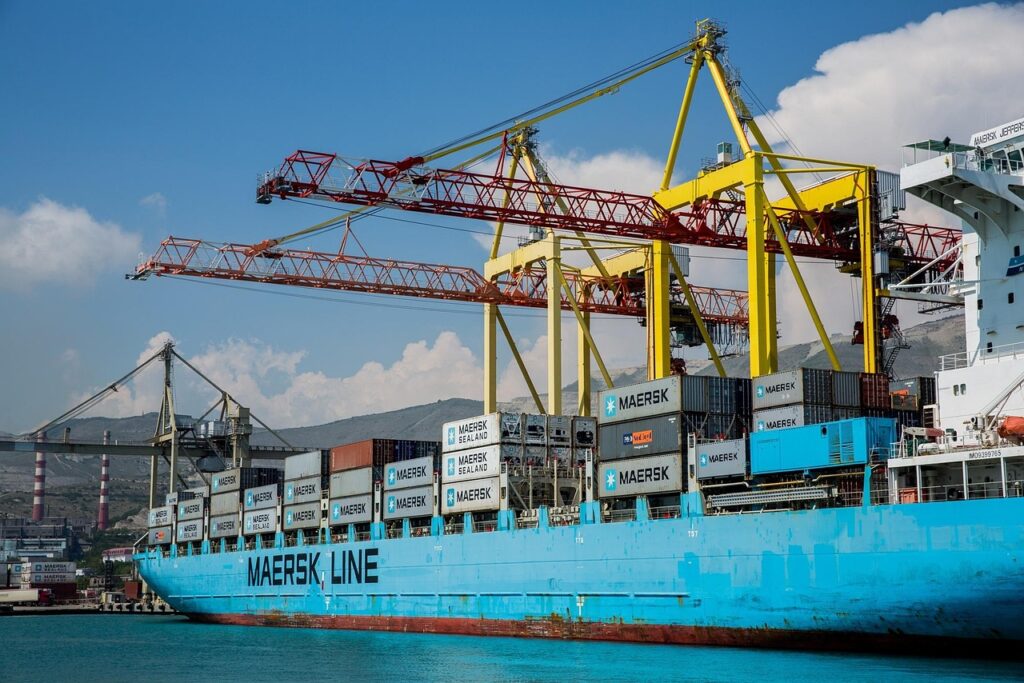Supply Chain Management Challenges & Best Solutions For Saudi Arabia’s Business
Supply chain management is the backbone of every successful business, ensuring products move smoothly from manufacturers to end customers. However, managing an efficient supply chain isn’t easy. Companies in Saudi Arabia and across the globe face constant hurdles—rising costs, supply shortages, logistics issues, and digital transformation challenges.
In this article, we’ll explore the top 7 challenges in supply chain management and provide practical solutions to overcome them. Whether you run a retail store, a logistics firm, or a multinational business, understanding these issues is key to building a stronger, more resilient supply chain.
Table of Contents
1. Rising Supply Chain Costs
One of the biggest supply chain management challenges is the continuous rise in costs. Factors like fuel prices, global inflation, labor shortages, and transportation expenses significantly impact the bottom line.
Solution:
- Implement cost control measures with better negotiation strategies.
- Use data analytics to track expenses and identify waste.
- Invest in automation to reduce labor dependency.
- Consider nearshoring (sourcing closer to the market) to cut shipping costs.
Companies in Saudi Arabia, for example, can leverage local suppliers to reduce import reliance and lower logistics costs.
2. Lack of Visibility and Transparency
Supply chain management requires end-to-end visibility, but many businesses struggle with fragmented systems and manual reporting. This lack of transparency causes delays, inefficiencies, and even compliance risks.
Solution:
- Adopt real-time tracking systems (IoT sensors, RFID, GPS).
- Use an ERP (Enterprise Resource Planning) platform to unify supply chain data.
- Work closely with suppliers and logistics partners to improve information sharing.
Better visibility means businesses can respond faster to disruptions and improve customer satisfaction.
3. Demand Forecasting Errors
Accurate demand forecasting is critical for supply chain management, but unpredictable consumer behavior often causes stockouts or excess inventory. supply chain management challenges
Solution:
- Use AI-powered demand forecasting tools for accuracy.
- Collect and analyze historical sales data to predict trends.
- Implement flexible supply strategies that allow quick adjustments.
For instance, during festive seasons in Saudi Arabia like Ramadan, retailers should forecast higher demand for food, clothing, and gifts, ensuring sufficient stock availability.
4. Supplier Reliability Issues
A weak link in the supply chain can damage the entire process. Supplier delays, poor quality, or geopolitical restrictions can disrupt business operations. supply chain management challenges
Solution:
- Build strong relationships with reliable suppliers.
- Diversify your supplier base (don’t depend on just one).
- Regularly conduct supplier performance audits.
- Use contracts with clear terms to safeguard your business.
Strong supplier management ensures a stable flow of goods and services, minimizing risks. supply chain management challenges
5. Inventory Management Problems
Poor inventory management can lead to stockouts, overstocking, or high holding costs—all of which hurt profitability.
Solution:
- Implement inventory management software with real-time tracking.
- Use the Just-in-Time (JIT) method to reduce excess stock.
- Classify products using ABC analysis (A = high-value, B = moderate, C = low-value).
- Regularly perform cycle counting instead of yearly audits.
For businesses in Saudi Arabia, integrating cloud-based inventory solutions ensures that remote branches and warehouses stay updated in real-time. supply chain management challenges
6. Logistics and Transportation Challenges
Transportation delays, rising fuel prices, and global shipping disruptions pose major threats to supply chain management.
Solution:
- Partner with multiple logistics providers for flexibility.
- Use route optimization tools to save fuel and time.
- Invest in fleet management systems for better control.
- Consider multi-modal transport (road, rail, sea, air) to reduce dependency.
Efficient logistics not only cuts costs but also improves customer trust by ensuring on-time deliveries.
7. Digital Transformation & Technology Gaps
In the digital era, many companies still rely on outdated supply chain systems, leading to inefficiency and miscommunication.
Solution:
- Adopt blockchain for transparent and secure transactions.
- Use Artificial Intelligence (AI) for predictive analytics.
- Integrate cloud-based systems for real-time data sharing.
- Train employees on using new digital tools effectively.
Digital transformation is not optional anymore; it’s a necessity for staying competitive in supply chain management. supply chain management challenges
Final Thoughts
Supply chain management is full of challenges—but with the right strategies, tools, and partners, businesses can overcome them. From rising costs to digital transformation, every challenge presents an opportunity to innovate and strengthen operations.
For companies in Saudi Arabia, improving supply chain management means more than just cutting costs—it ensures long-term sustainability, customer satisfaction, and global competitiveness.
If you’re ready to transform your supply chain, start small: improve visibility, build strong supplier relationships, and invest in modern technology. The result will be a resilient, cost-effective, and future-ready supply chain. supply chain management challenges
- 10 Proven Benefits of Strategic Human Resource Management for Business Growth in Saudi Arabia
- iPhone 17 Series Revealed: Launch Date, Specifications & Price Saudi Arabia
- 10 Powerful Steps to Start an Online Boutique: Beginner to Pro Guide For Saudi Local
- How to Start an Ecommerce Business in Saudi Arabia: From Beginner to Pro
- How Technology Transforms Supply Chain Management in 2025 – 2030



